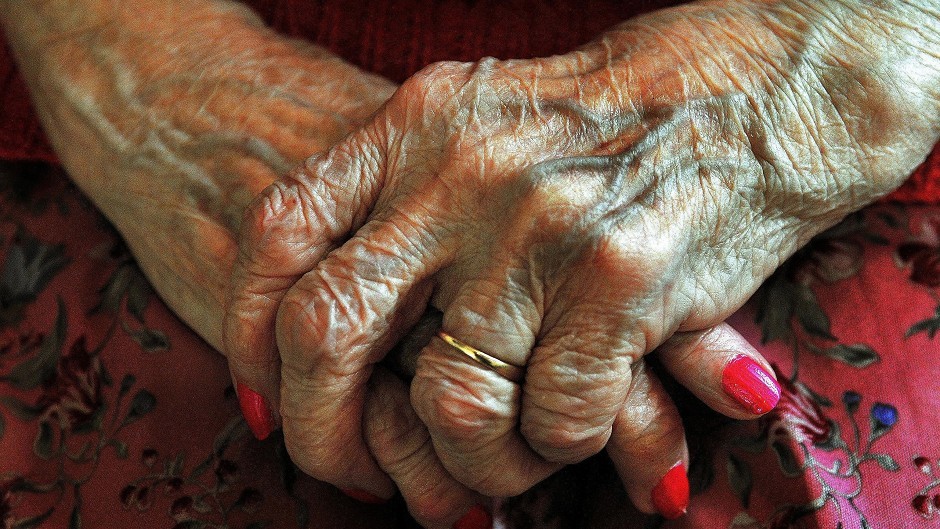Patients suffering from chronic diseases like diabetes and multiple sclerosis could be pressurised into assisted suicide, the Free Church of Scotland has claimed.
It said it was also “completely unacceptable” to allow healthy 16-year-olds to make a “preliminary declaration” of their willingness to help someone to die.
The Church claimed the move would undo the Scottish Government’s “good work” in reducing suicide rates.
It made the points in written evidence to the Scottish Parliament health and sport committee, which is examining the proposals.
It claimed proposed safeguards in the Assisted Suicide (Scotland) Bill “give no confidence that vulnerable lives will be protected” and “death on demand” could then be offered as a “valid treatment option”.
Green MSP Patrick Harvie has pledged to carry on the work of former independent MSP Margo MacDonald who died in April.
The issue is highly controversial and the Scottish Government and faith groups like the Church of Scotland and Catholic Church do not support it.
But a group of practising and retired medics, who have set up a organisation called Doctors for Assisted Suicide, claim patients should have the “choice” about when and how they die.
The Free Church said the proposed legislation makes no provision for the necessity of a psychiatrist to examine a person for the possibility of mental illness which could cause suicidal thoughts.
The Rev Dr Donald MacDonald, a former surgeon and MS sufferer who is wheelchair bound, said: “There is a huge difference between ‘life shortening’ and ‘terminal’.
“There is little doubt that these ill-thought out proposals would have an adverse effect on the lives of chronically ill and elderly infirm people, in these days of financial stringency and elder abuse.
“Terminal would normally indicate a life-expectancy of days, weeks or months, whereas ‘life-shortening’ could apply to a situation where there were many years of life expectancy.
“Thus illnesses and conditions such as diabetes, some forms of heart disease and lung disease, progressive multiple sclerosis, motor neurone disease, and in some cases, tetraplegia, would qualify in certain circumstances.”
A Scottish Government spokeswoman said that while it did not support assisted suicide MSPs had the free vote on the Bill as a “matter of conscience”.
